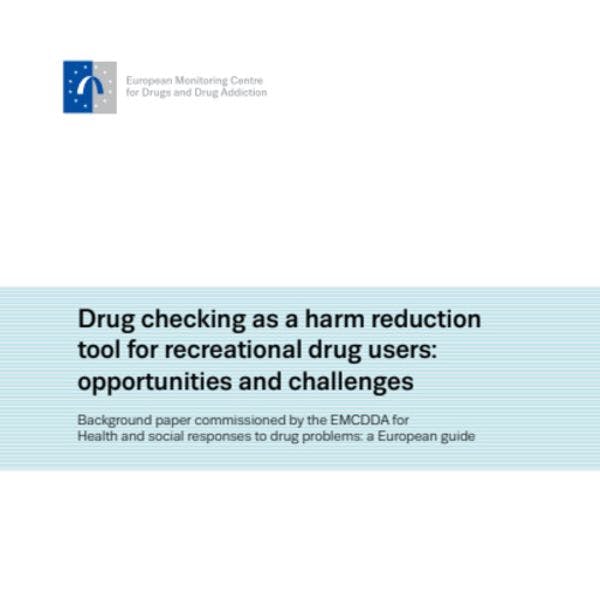El análisis de drogas como una herramienta de reducción de daños para usuarios con fines recreativos: oportunidades y desafíos
El análisis de la composición de las drogas, complementado con otras actividades desplegadas en entornos de ocio nocturno, puede servir para ampliar las intervenciones de prevención y reducción de los daños, lo que puede salvar vidas. Más información, en inglés, está disponible abajo.
Suscríbase a las Alertas mensuales del IDPC para recibir información sobre cuestiones relacionadas con políticas sobre drogas.
A number of European countries have implemented drug checking with the aim of providing targeted preventive messages to recreational drug users. This approach, which is more individualised than mass media campaigns, provides an incentive for drug users to participate in a dialogue about prevention and harm reduction, because they get to know the test results, that is they receive information about the particular drugs they are consuming. Pharmacovigilance in the form of drug-checking systems has resulted in timely warning campaigns specifically directed at groups at risk, conveying a level of professionalism that is appreciated by recreational drug users. Such an approach creates more awareness about the specific drugs that are consumed and the options for drug checking. By no means should these arguments in favour of drug testing be considered scientific evidence of its efficacy, but such considerations might be helpful for stakeholders deliberating whether or not to introduce drug testing. Complemented by other activities implemented in nightlife settings, such as chill-out rooms, the provision of factual and trustworthy information, counselling, good ventilation and other precautionary safety measures, drug checking can serve as an extension of prevention and harm reduction interventions, potentially saving lives.
